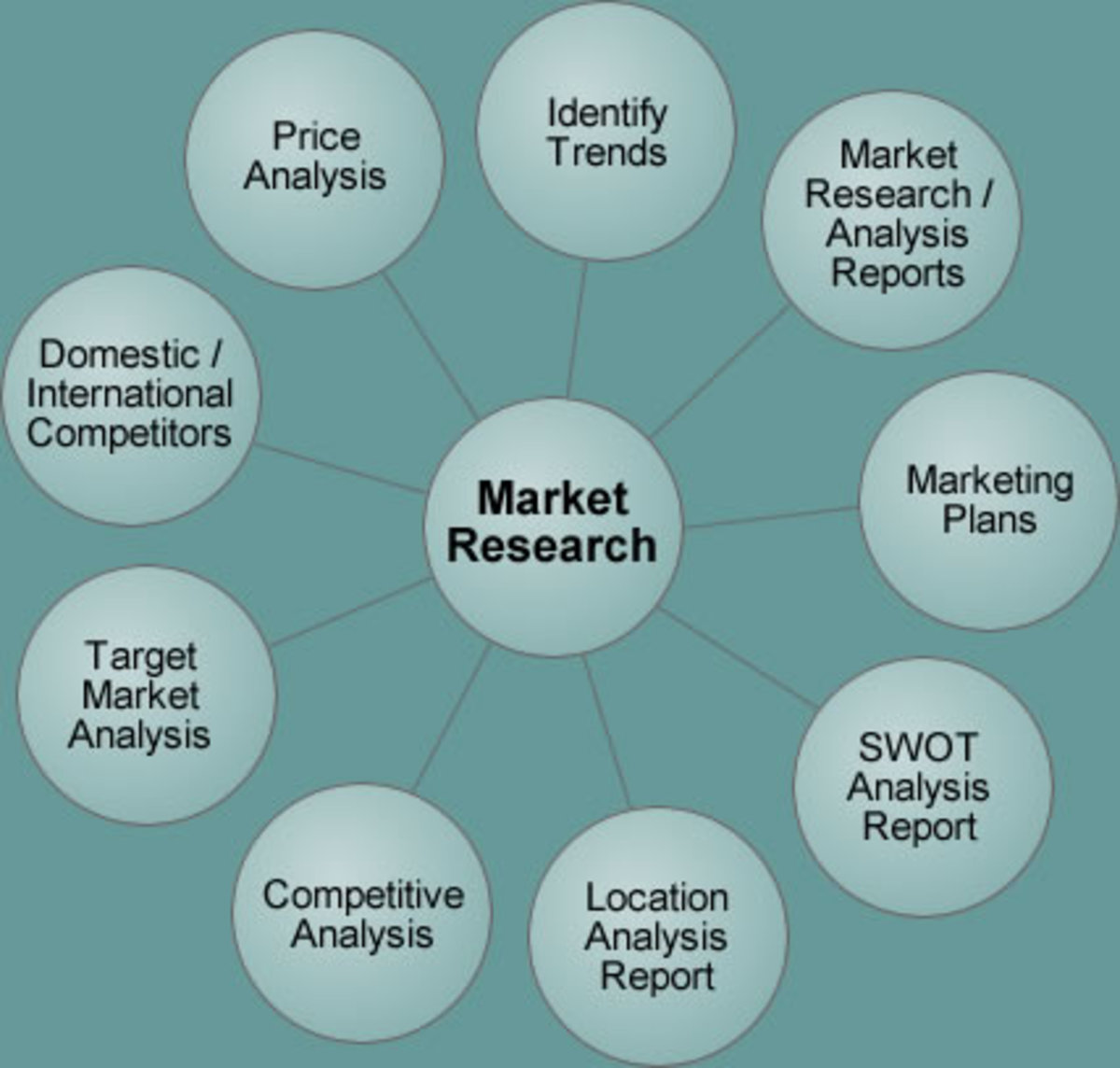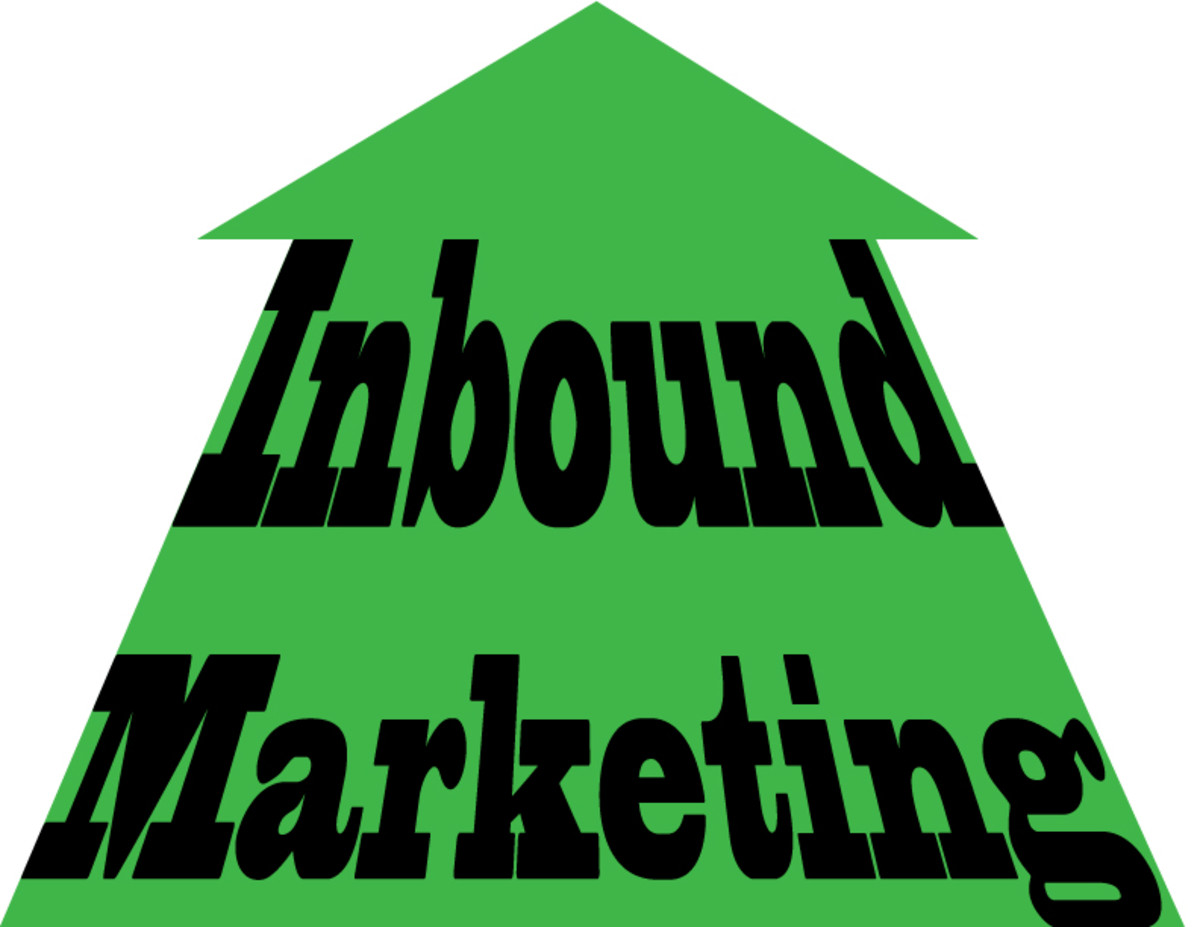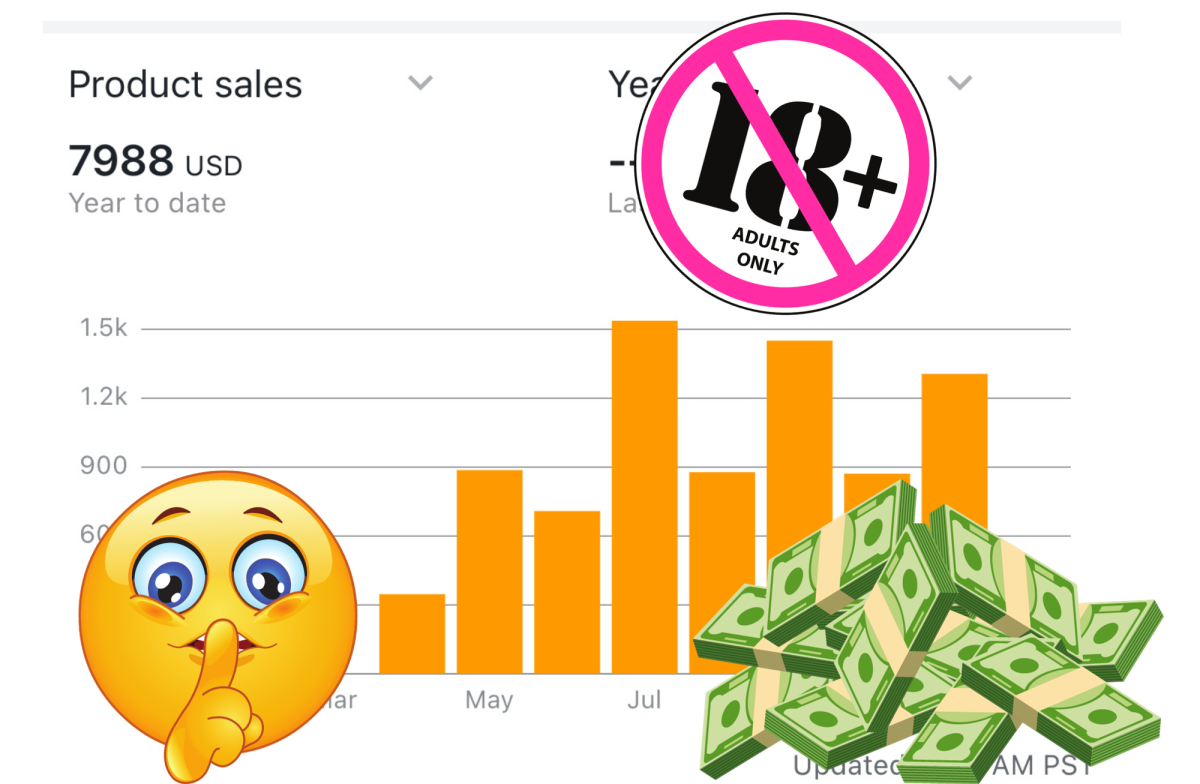Six Ways the Definition of Marketing Should Be Redefined
Skip to the bottom of this post for the six ways the definition of marketing should be redefined!
The State of Marketing Today
Marketers everywhere are in a state of panic these days, as to how to promote their brand in the most effective way, while attempting to keep up with the constant shifts in trends happening all around them. In a way, the typical marketer is becoming that little kid with ADD, who forgot to take his meds in the morning, jumping from one hot trend to the next, as each is shouted across the rooftops of the towering, stately, all-too-present social media skyscrapers.
The buzz can be heard coming from the marketer worker bees as they zip around the millions of media hubs available to peruse today, carefully attempting to craft the perfect subject line, include the perfectly targeted keywords, and tailor the most unique, on-point content to catch marketers like yourselves in mid-click, much like bees carefully crafting their sugary sweet, sticky honey.

Craziness, I say. What is the typical marketer to do when being told, 'do this, do that', on a daily basis?! Get majorly confused and side-tracked, perhaps?
A Shift in Focus is Needed
First and foremost, the focus should be on the problems with current traditional marketing and the ever-more-increasingly popular mobile and social strategies of today. It is always important to focus on the why first; ask yourself, 'why the need for a better marketing strategy?' before focusing on the solution to the problem, to which most tend to jump immediately. I can relate to that tendency, because I am human, and we humans are built with the drive to succeed beating its drum inside of us, to find the answers before anyone else does, to, evolutionary-wise, get to the last animal in the field before anyone else does so our family has food to eat.

However, to convince and captivate an audience, just as I am attempting to do here, the typical marketer bee needs to understand why a solution is called for in the first place, and carefully present the why in such a way that the marketer's audience would be stupid not to want to learn more about, and hopefully buy into, the solution(s) the marketer ultimately yearns to present. Furthermore, and what is probably the key takeaway in this article, is that it is of utmost important to determine and focus on the actual problem(s) first, and neither get sidetracked by the perceived problems, nor fail to empathetically understand the real issues from the point of view of the ones actually experiencing them.
Problems with Marketing as Perceived Today
I am now typing into the omniscient and almighty Google (yes, I bow down to Google search, as it spits out whatever I need to know, as long as I tailor my keyword search in just the right way; don't get me wrong, I don't believe in some weird Google religion or anything, Google just seems to find me exactly what I need, when I need it!) "problems with today's marketing", and am being presented with anything and everything I ever wanted to know about the subject.
The first non-paid result is an article entitled, 5 Major Challenges Marketers Face (And How to Solve Them) from HubSpot, a trustworthy source in my opinion. HubSpot must have optimized their SEO strategy around this article in such a way that it became the first one presented upon performing this search - getting off track, I know, but good job, HubSpot! Anyways, here is a brief synopsis of the article:
It starts with, "Every marketer faces different challenges...", then begins to list the various challenges, including: being focused on lead generation, not creating the best content, not knowing how to convert social engagement into dollars, so on and so forth. Then it is quick to promise a solution to the challenges, as I mentioned is human nature, before determining if the actual problem(s) have been determined. No blow at HubSpot at all, just proof as to what the masses are focused on; after all, HubSpot is presenting content based on what is currently trending these days.
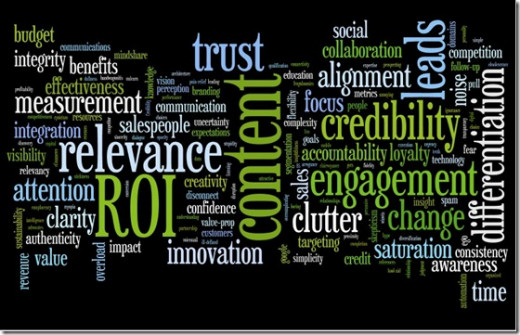
Next Google result was a presentation by Forbes of an IBM study concerning the biggest challenges facing marketers. The article goes on to include the following challenges:
Creating and sustaining growth for the company at the top, followed by "measuring ROI...branding, leveraging data, understanding and effectively using social channels, and creating positive experiences for consumers" (Forbes). Finally, some mentioning of the consumer's experience...but more on that later.
The next result in my Google search presents the 10 challenges facing marketers as the following:
1. "Trouble planning the next product because we're so busy supporting the product we just launched..."
2. "Marketing team spends so much time working with Development they don't have enough time to support sales."
3. "Our sales reps don't have enough qualified leads and spend too much time cold calling."
4. "It takes us too long to close a deal. How can we speed up our sales process?"
5. "How do we decide on the features for the next product?"
6. "Should we delay launching the new product to get more features?"
7. "We've grown to a size that our old way of doing things just isn't working anymore."
8. "How should we organize our marketing group?"
9. "Are we getting the most out of our investment in marketing?"
10. "How do we make our company more market- and customer-driven?" (again, finally, something about the consumer)
(Pragmatic Marketing)
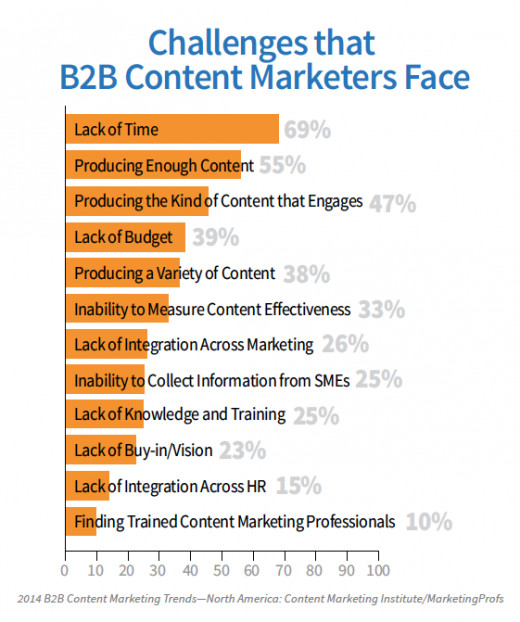
The fourth result in my Google search is entitled, "Customer Experience: 4 Problems Facing Today's Marketers", on cmswire.com. This should be what I am looking for...let's see, Marisa Peacock, the author, lists the following as the challenges:
1. "Coherent Analytics" - the KPIs marketers put so much emphasis on do not really explain the true marketing insight needed in order to understand the actual marketing going on - marketers are usually asking, 'which KPIs do we measure?', and focusing on the choice of stats being measured as the issue.
2. "Target Customer-Product Connections" - meaning, how do marketers engage consumers who are on mobile, web and social platforms...a little more consumer focused, we're getting somewhere now...
3. "Accuracy, Agility" - "By deploying real-time marketing applications, marketers can deliver relevant offers based on customer-specific factors, enabling message accuracy and improvements in time-to-market and marketing cycles." Again, consumer focused, I like!
4. "Ease-of-use" - how to easily integrate the right marketing tools to support marketing campaigns across the various platforms....eh, not so consumer-focused again. Ah, well.
As the title suggested, this article presents a few more consumer-focused challenges. However, the rest of the suggestions tend to fall into the same categories of, how to measure marketing campaigns effectively, how to use the right tools to get messages across all of today's channels, how to prove ROI, etc. Are you starting to see a pattern yet? That perhaps most of the problems the marketing world is focusing on today are being presented, studied, and measured from the marketer's point of view?

Current Definition of Marketing
The definition of pure marketing from Merriam-Webster states:
"the activities that are involved in making people aware of a company's products, making sure that the products are available to be bought, etc."
So yes, marketing is about the activities and the products and such, but another key element to point out in this definition is the mentioning of "people" clearly stated once, and indirectly stated again - marketing is to make people aware, and make sure people are able to buy the products.
To be fair, I will analyze the definition of inbound marketing, which is more of a B2B marketing focus, but is still the general trend that is floating about today. In the article, Inbound Marketing & the Next Phase of Marketing on the Web, Rick Burnes of HubSpot defines inbound marketing as:
"marketing focused on getting found by customers".
Now we are getting somewhere, more focus on the customer. However, Eric Wittlake of B2B Digital Marketing states the following when discussing the application of this current marketing trend in his article, A New Definition for Inbound Marketing:
"...as more B2B marketers grab the inbound marketing flag, many will miss the two keys to making inbound marketing effective: be found through the recommendation of others, [and] delight those that find you."
Marketers are now having issues with figuring out how to achieve these two pieces of the puzzle, as they are still too focused on seeing everything through the eyes of the marketer. Furthermore, this definition is still coming from the point of view of the marketer, in that it still calls for marketers being focused on getting found, instead of the full enablement of consumers.
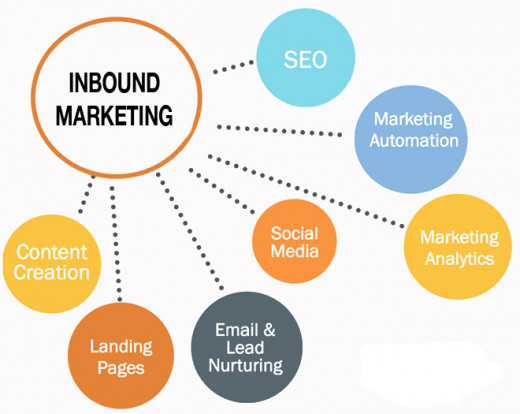
A Shift in the Definition of Marketing?
I am going to get a little crazy here and suggest something off the wall - unless you have heard it elsewhere, and if so, feel free to share where - what if the definition of marketing, the understanding of marketing and its functions as they stand today, were to be redefined and restructured, to be purely consumer focused and driven rather than marketer focused and driven? What if we were to not only empathetically put ourselves in the shoes of the customer, rather than pretend to do so, or think we do so, but enable the customer to perform our marketing for us, and deliver results our way? We could say that the new definition of marketing is defined as the following:
the process of consumers communicating the value of a product or service to the marketer, by bringing fellow consumers to their space, for the purpose of liking, choosing, favoriting, sharing, and ultimately buying the marketer's product or service.
Crazy, right? But you have to remember, this is just my opinion...
As previously stated, the trending definition of marketing today still stems from the marketer's point of view, rather than the consumer's. Marketers shouldn't be so wrapped up in the features of the product/service the marketers are selling, the KPIs marketers are going to use to measure campaign efforts, the tools marketers are going to use to ensure marketers are utilizing all possible platforms, the content marketers are creating and think the consumers want to read, the way marketers are going to speed up the sales process, the way marketers are going to prove ROI, etc. Noticing a trend?
To be clear up front, I am not saying these items are not important enough to be concerned with, just that they should not be the primary focus of marketing.
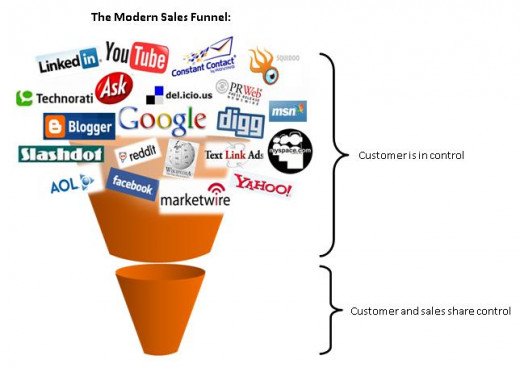
Consumer Driven Marketing
Why be so extremely consumer-focused, you ask? Because the consumer is the one who ultimately decides whether he or she wants to support a business by buying into the product/service it is selling, it is the consumer who will like and favorite a product/service in front of the whole world, the consumer who will share a product/service with their acquaintances, thus building up more sales, and the consumer who actually has the power to ruin you if he or she does not believe in the product and/or company and decides to bash it in front of the whole world. Therefore, the consumer has a direct impact on the success of your company, so it only makes mathematical sense to enable the consumer with more ability to make a direct, positive impact on your company's bottom line.
Now, what does being so consumer focused in your marketing approach actually mean, and how can such an extreme possibly be achieved? Steve Keifer answers this best in the following snippet from his article on Pragmatic Marketing entitled, Five Secrets to Solutions Success:
"These days it seems like everyone is talking about selling solutions. CEOs are telling their marketing organizations to build repeatable solutions that maximize revenue and operational efficiency. Customers are telling their vendors to bring solutions to their business problems, not just a menu of technologies. Yet, despite the high level of prioritization placed on solutions by customers and executives, very few technology marketing organizations have a good understanding of solutions. Even fewer organizations are implementing solutions to achieve their maximum benefit."
"...Furthermore the products should be complementary with one another so that the combination creates more value than the sum of its parts. In other words, 1+1 = 3. Solutions support the customer through every aspect of the lifecycle from purchasing and implementation to maintenance and upgrades. Success in the solutions model is measured not by a product’s performance to specifications, but instead by a customer’s business results. Consequently, vendors will need to change their mindset to share equal accountability for delivering the end result."
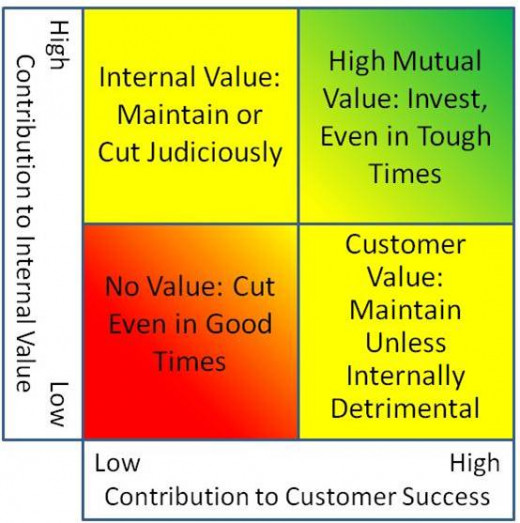
Pretty powerful stuff. This is called truly looking through the eyes of the consumer - the focus should be on bringing more value to the consumer rather than the organization first, and listening to what the consumers are clearly letting you know they need instead of believing, based on whatever research, that you inherently know what the customer wants. By taking the solutions approach, rather than the product approach, as Steve explains, you are switching the focus from the marketer pushing a product out to the consumer, to the consumer needing a solution from the marketer, and ultimately measuring based on the consumer's success rather than the success of the marketer and his/her company.
Six Ways the Definition of Marketing Should Be Redefined
So how do we apply this solutions based theory to marketing outside of the B2B, technology space? In other words, what are six ways the definition of marketing should be redefined in light of this new concept?
1. Put yourself in the shoes of the consumer - for starters, instead of forcing the consumer to watch seconds of an ad before being able to watch the video he or she clicked on, fill out forms before the consumer is able to download an asset, or endure pop-up ads that take over the entire screen out of which the consumer must click, without accidentally being led to a landing page, marketers should think from the eyes and shoes of the consumer, as to whether the consumer gets any value out of being forced to go through such motions.
2. Put yourself in the shoes of the mobile consumer - This becomes increasingly important when considering the up-tick in mobility as of late; you have to think, 'If I were on my phone, surfing a social media site, I am most likely on-the-go and wanting to find what I am looking for pretty quickly, not wanting to be interrupted by pop up adds; I probably will get pretty frustrated with having to click loads of times to get to what I want, and will end up bouncing off of any ad that does not appeal to me, or looks like it will take up too much of my time'.
3. Have an open mind and consider switching up your current marketing strategy - When considering marketing campaigns from the point of view of the consumer, suddenly you realize, 'my marketing could have been off-base this whole time'. This opens the door for new styles of marketing, and allows for an open-minded approach to a variety of ways to switch up your current marketing strategy.
4. Stop trying to impress fellow marketers - a HubSpot article entitled, Why Content Alone Isn’t Content Marketing sums this up perfectly: "With a few exceptions, your company’s core audience isn’t likely to be content marketers. So stop trying to impress them. Instead, try to deliver value to the audience you do serve."
5. Enable the consumer with incentives - offer incentives to your consumers so they want to promote your product, brand, and company, and even in such a way that they don't even realize they are performing your marketing. You then benefit from free advertising while bringing value to the consumer. Also, this leads to an abundance of consumer feedback, which you can utilize to tailor and target your marketing campaigns. It's a win-win situation!
6. Seek consumer feedback and DO something with it - when the consumer is enabled via the marketing suggested here, they are able to leave a trail of feedback everywhere they go as they navigate social platforms. They are already doing so today, but do we marketers really not only pay attention to it, but act upon it? When fretting about what stats and KPIs to measure, why not take into account all of the consumer content available to you in the form of comments being left here and there, and forum discussions concerning your exact industry and product? Get in there, have a full time employee dedicated to vetting this feedback, and start modeling your product, messaging, and brand after what the consumer is blatantly telling you he or she needs and wants. Kim Garst has some great ideas for gaining customer feedback in her article, How To Reverse Engineer The Type Of Content Your Visitors Want To Read, in which she states, "Go directly to the source: ask your visitors", via surveys and questionnaires, for example.
Yes There Are Challenges, But the Benefits Outweigh the Costs
Of course, challenges will always present themselves when attempting to achieve consumer-based marketing, but the thought at least needs to be prevalent today within the field of marketing. It does require a little more thought, effort and resources to become so customer centric, and open your eyes and ears up to the data consumers are clearly leaving out there, but is it worth it to gain that much more of a targeted approach in your marketing strategy?
For just this reason alone, marketing as we know it needs to be redefined and redesigned by empowering and enabling the consumer to drive campaigns, rather than the marketer. I have some solutions in mind, but as I stated before, the actual problems being faced within the marketing world today need to be clearly defined and understood first, before attempting to come up with solutions; this is my attempt here to jump start that goal.
However, if you have any solutions after reading this article, feel free to share them by commenting below!

